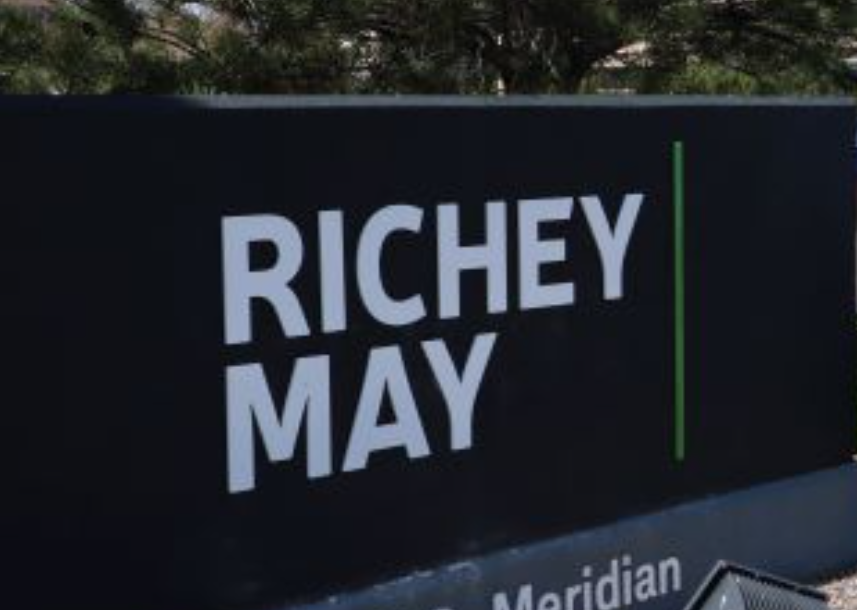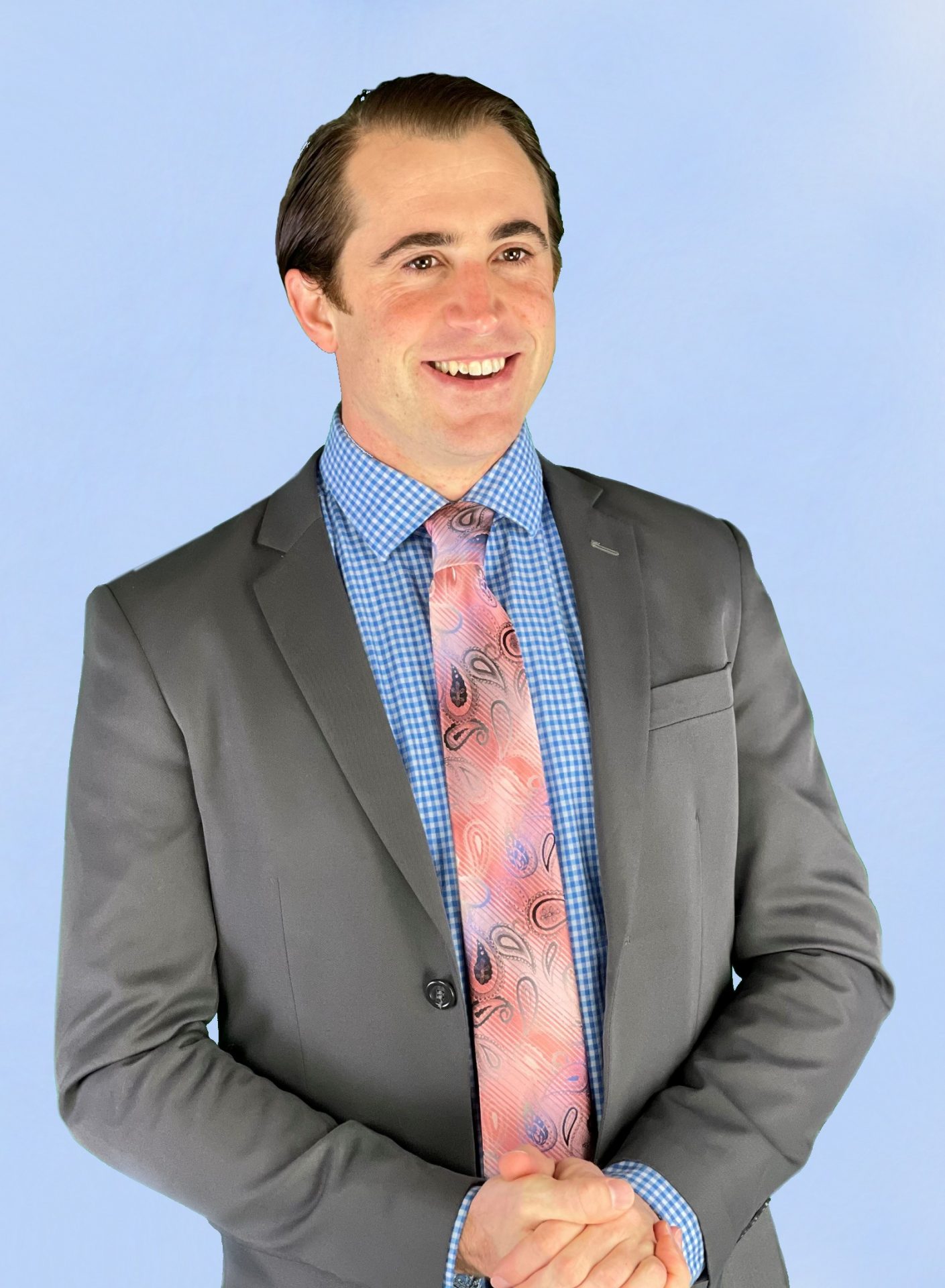As accountants, we often take great comfort in what we know. We are typically viewed as reactive experts in taxation, auditing, and financial accounting. These three core areas are places we connect with: we feel comfort in the debits and credits and the tax code. We focus on these areas and stay in our comfort zone, as we move through the cycles of the year, be it the monthly close, tax deadline, or audit due date. But what we don’t spend time thinking about is what are client’s or organization’s need past the numbers, past our comfort zone. We may have heard that our accounting industry is going through a major generational change, but from where we sit, we are perfectly content and comfortable.
Unfortunately, this comfort comes with negative aspects that we fail to understand the full scope of. History is full of stories of companies and civilizations that fell out of our memory as they did not want to accept the change that they were faced with. For a good number of millennials, they still remember the concept of a CD store in the mall. One big shop where you could just buy CDs, DVDs, electronic gadgets, and accessories, but before millennials had even grown up, these stores with suddenly gone from malls everywhere, replaced by online music sharing and streaming.
How can we begin to take small steps to step out of our comfort zone and begin to be more proactive vs. reactive? For the purpose of this article, let’s focus on just one key area. Do you understand for each of your client’s or fellow teammates inside your organization, what is the most important thing to them? Just one simple question, do you know what is most important to them, or are you just guessing, or do you have no idea at all? We don’t need to step out of our comfort zone with some major plan and initiative as part of a multiple choice assessment, just take the first step and start with one small question and build from that success and comfort.
The first thing we need to do is realize that we are accountants first and foremost and while our role as accountants is going through change, we need to not forget some of the tools we currently use. Primarily and for better or worse, we are driven by checklists and procedures, be it the cash audit program, a 1040 checklist, or a monthly close process. We are all about the process and procedure.
Luckily, this is just one question, so the procedure is short, but the concept scales up as things get more complex. Create a checklist your team can use to navigate through the process and scale the checklist as you gain more comfort asking more proactive questions.
Now you may not think you are ready to just ask your client a random question like what matters most to them. Good news, all those millennials you now have working for you don’t mind. While the negative stereotype is that millennials don’t like human interaction, they actually have a strong desire for connecting with others and this type of question directly relates to that.
One of the key traits of the millennial mind is their desire to connect with others. This is why we are seeing so many millennials today start such non-traditional accounting practices which are corner stoned with proactive communication with their clients. Then challenge your millennials to do this the next time they do a networking activity. Give them something different to talk about when they make the “awkward” handshake and say I’m Bob, tax manager at Smith, Smith, Smith, and Smith CPAs here in town.
Being proactive is the key to success in the future, and the only way to avoid having what we do now in our comfy seats go the way of the record store in the mall. Don’t refuse to change only to tell your grandkids some day that you use to be an accountant and have them reply “what’s that” as your profession has gone by the wayside. Use the summer as a time to engage your millennial team members and engage your clients at the same time.
Thanks for reading CPA Practice Advisor!
Subscribe Already registered? Log In
Need more information? Read the FAQs





